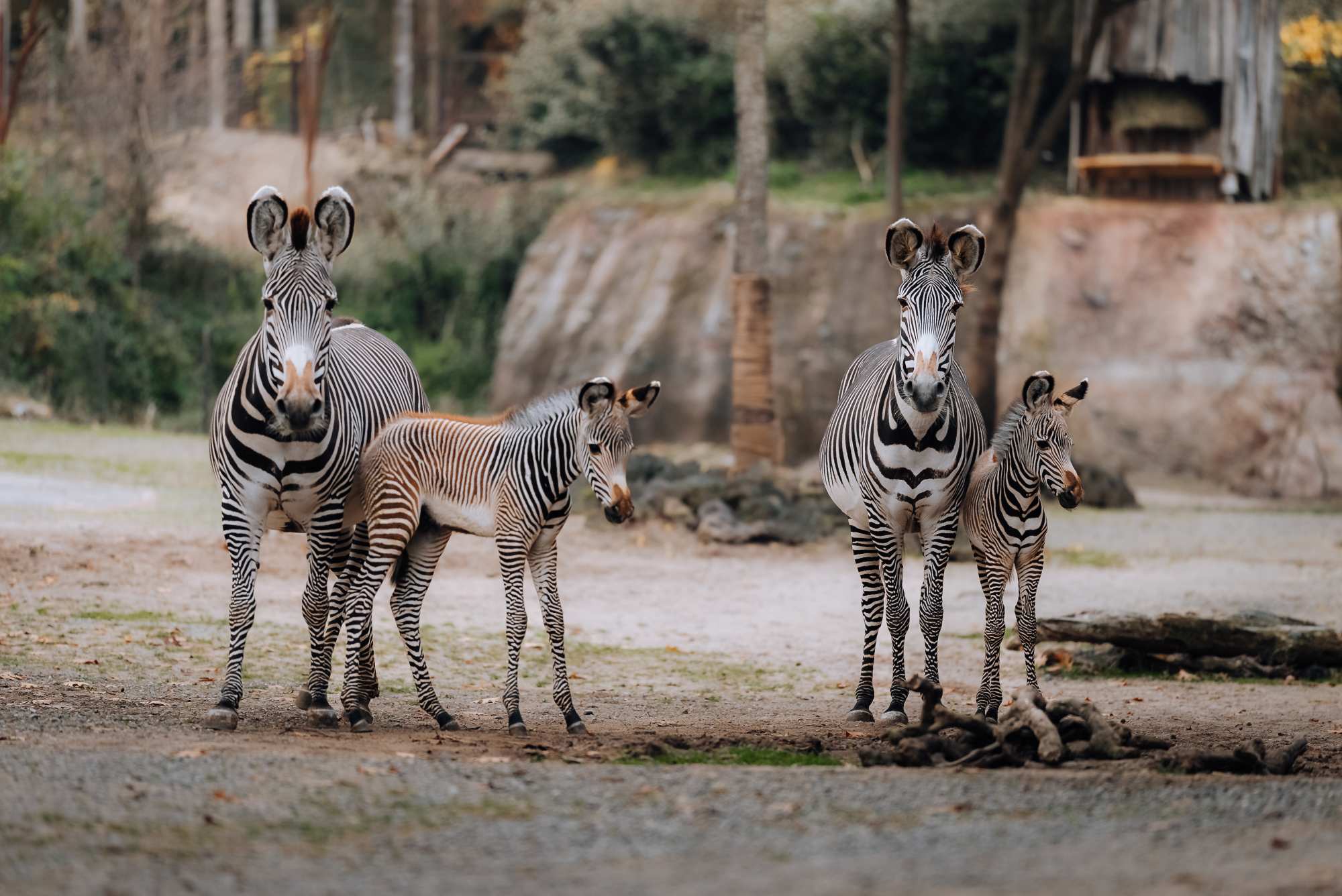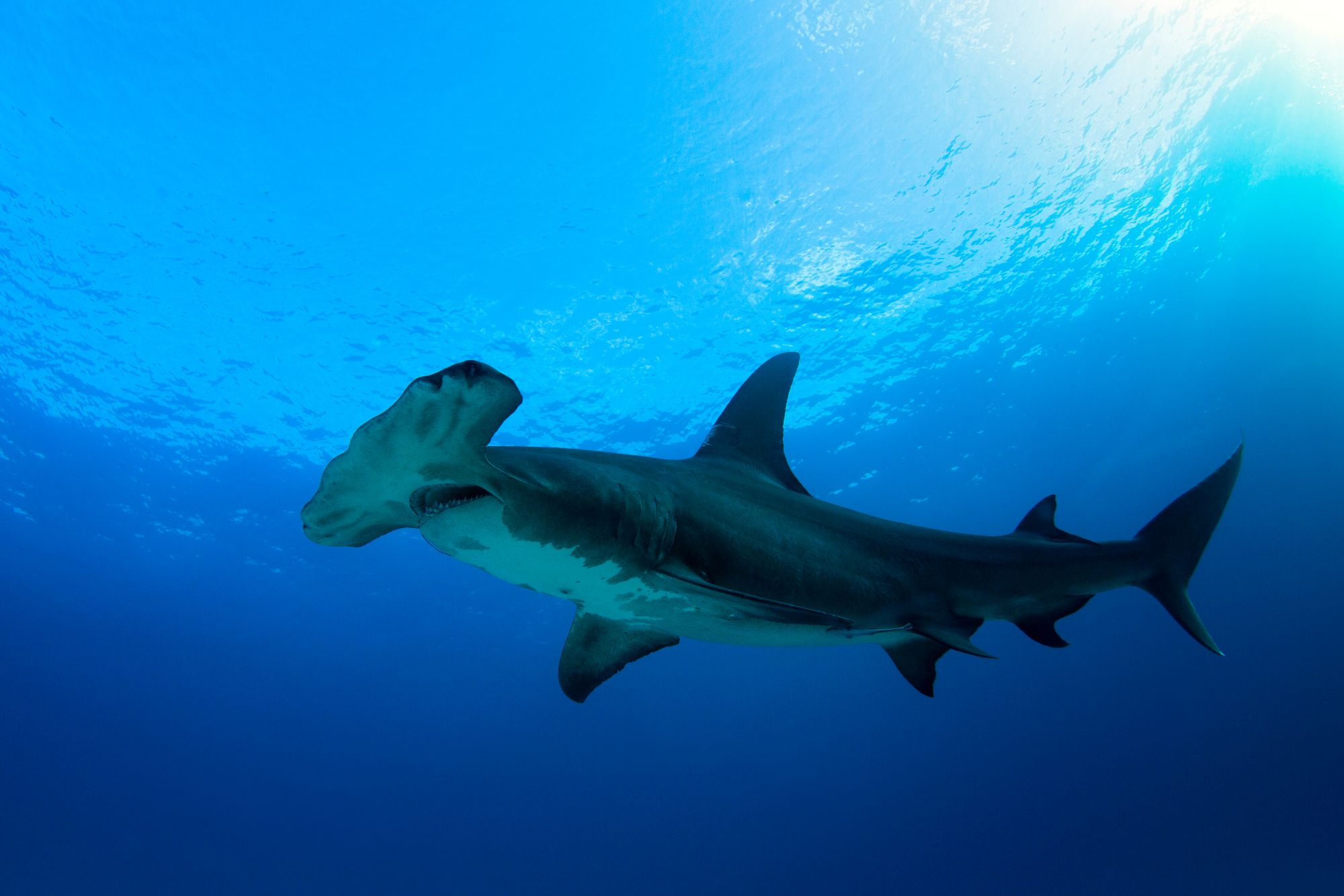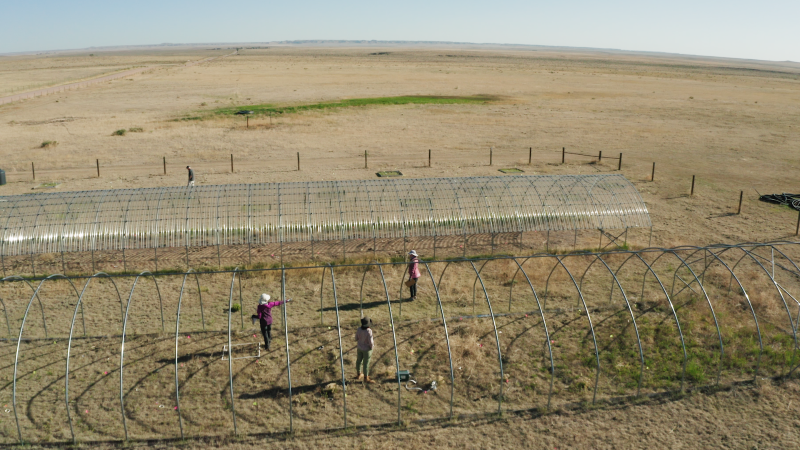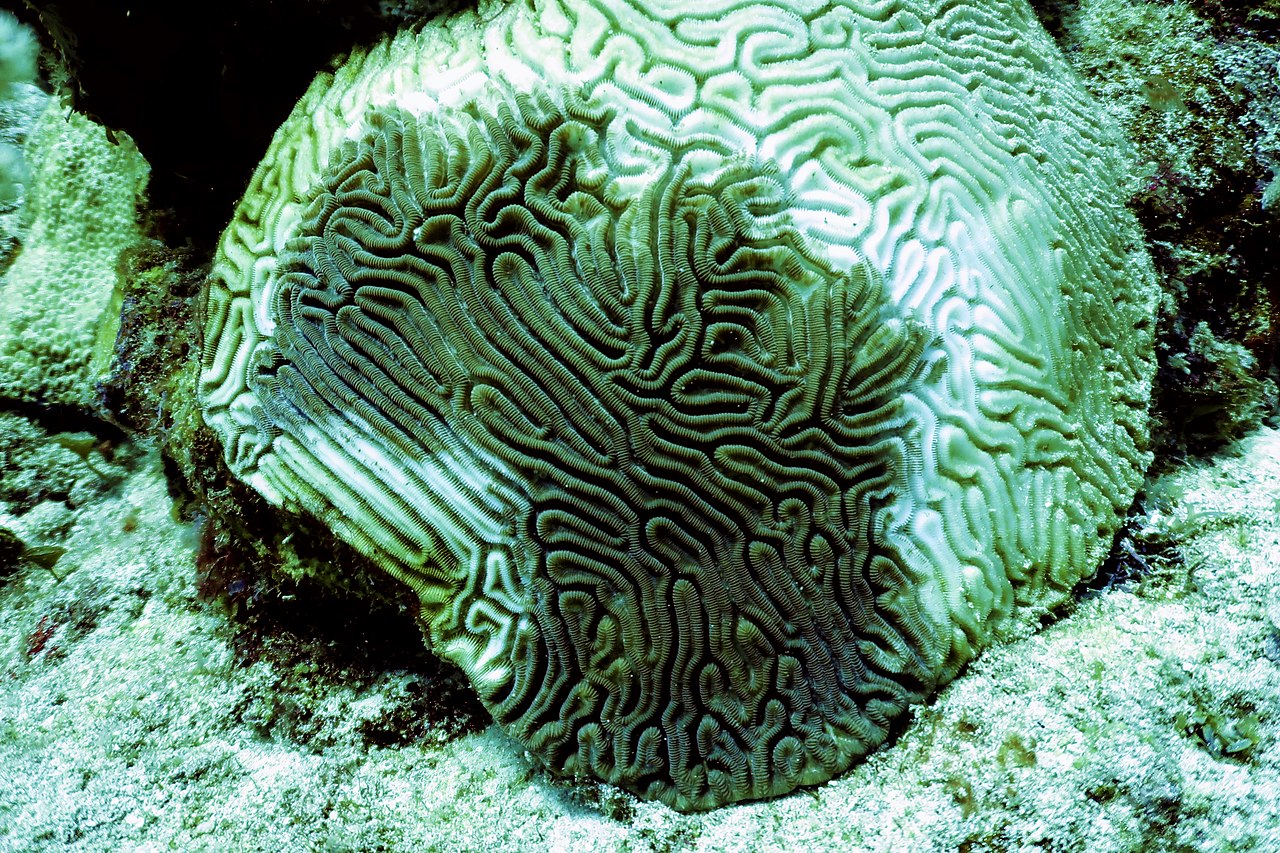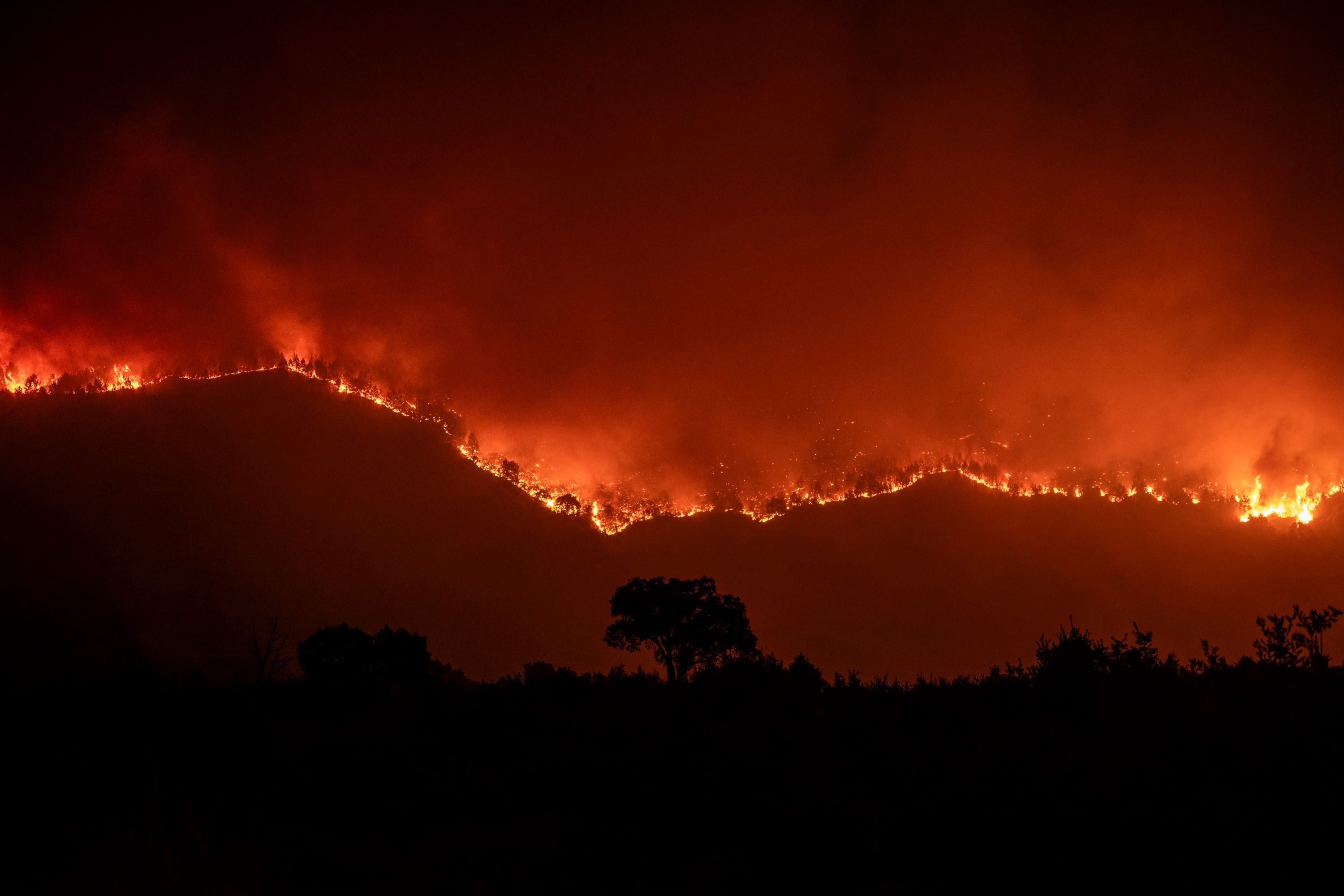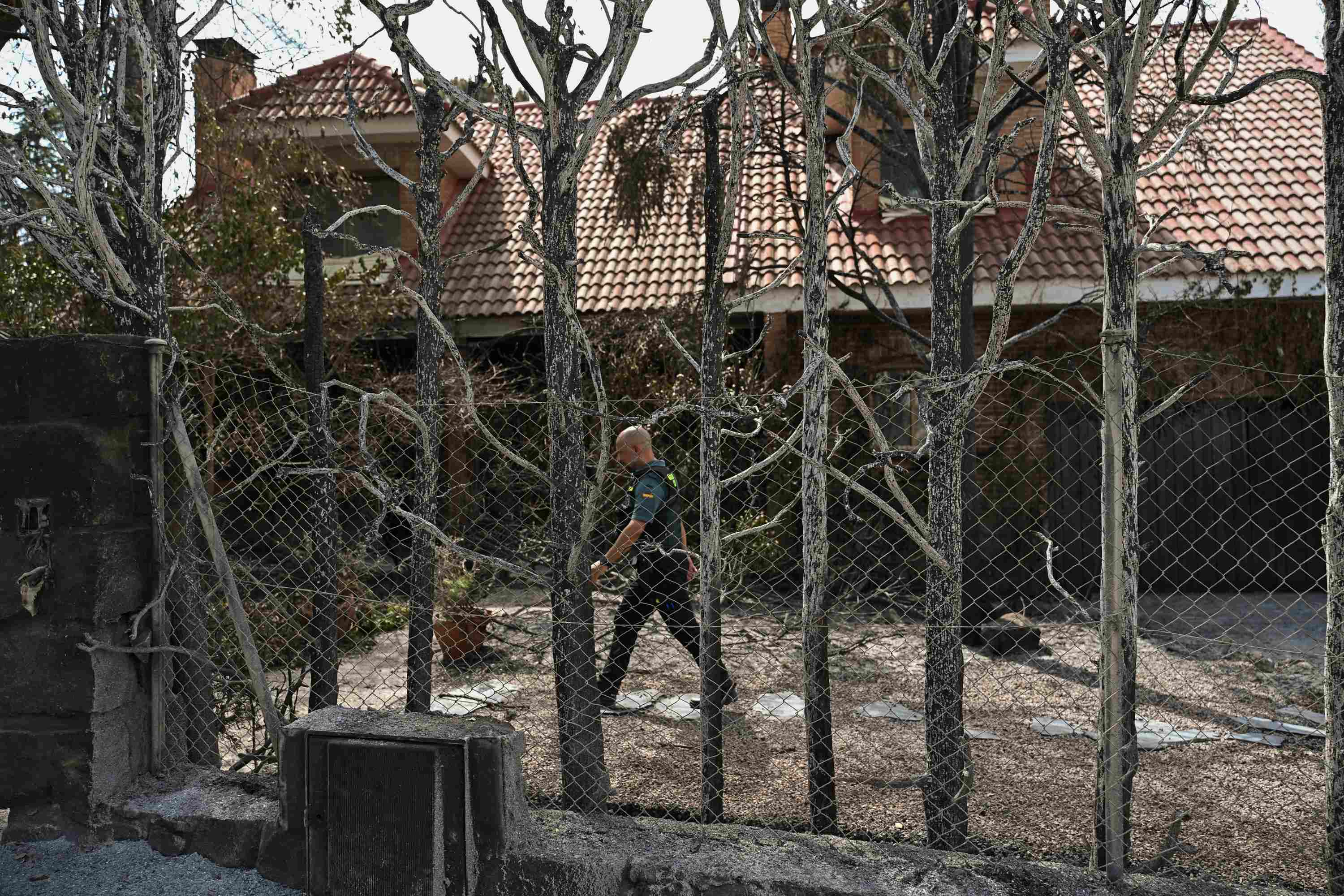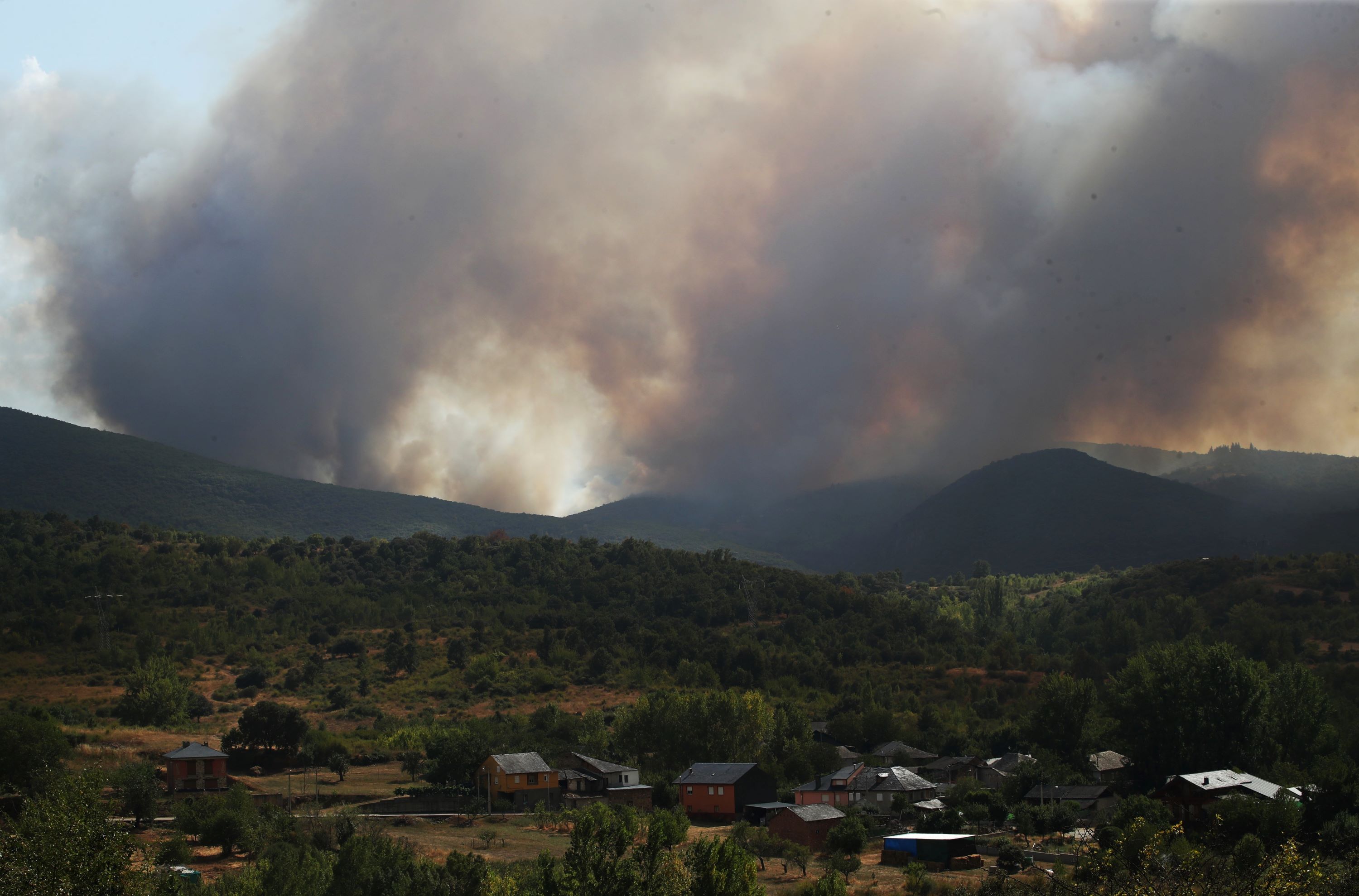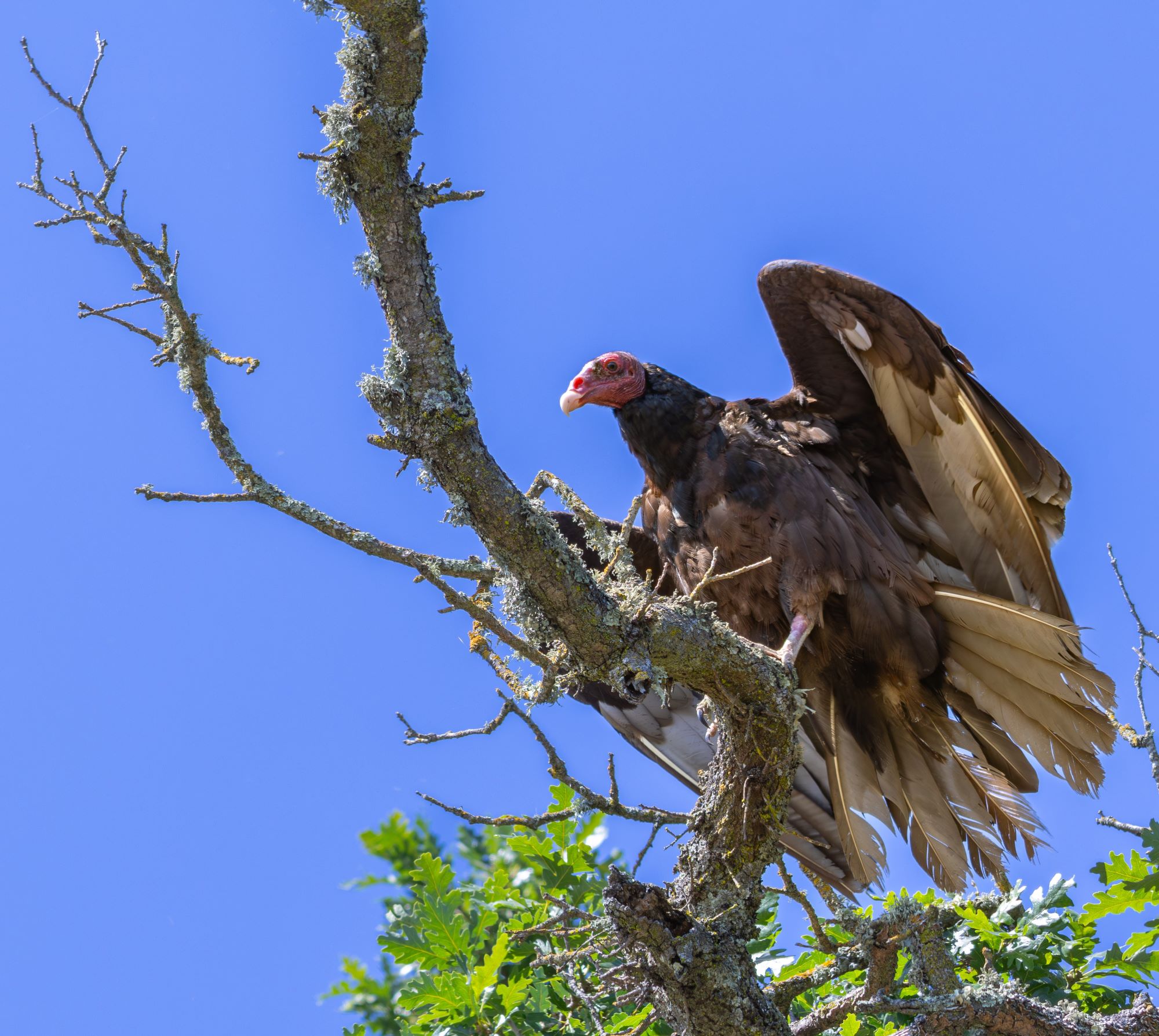In light of biodiversity loss, a global report urges companies to also think long term
Meeting in Manchester (United Kingdom), the plenary session of IPBES (Intergovernmental Science-Policy Platform on Biodiversity and Ecosystem Services) ratified its Assessment on Business and Biodiversity, which presents data to understand the dependence and impact of businesses on nature and proposes more than 100 measures to improve the global situation. Three of its representatives explained the main results and proposals at a briefing organized by SMC Spain.


